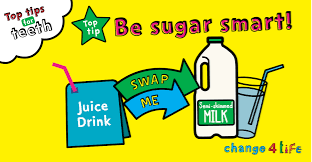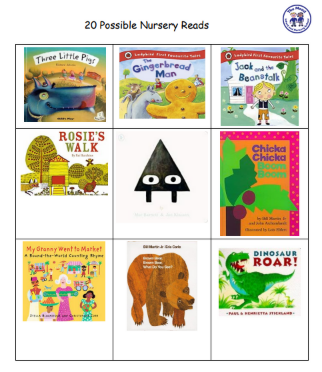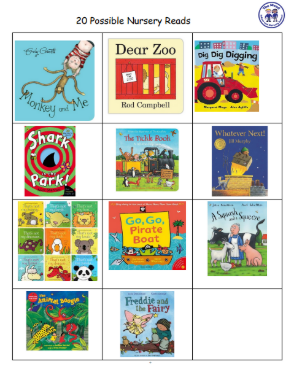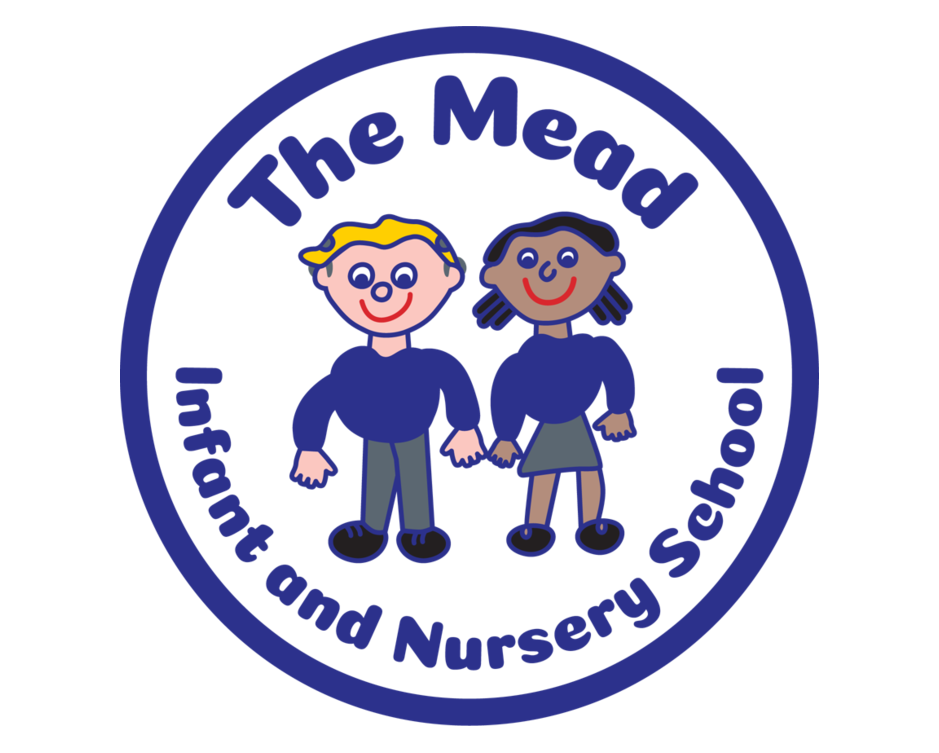Support for Parents
Support and information for parents
Best Start in Life
Trusted information and support from pregnancy through your children early years and beyond. Parent Hub
Keeping healthy
NHS Change 4 life website: Food smart tips for sugar smart swaps. Make your food tooth friendly.

Oral health
At The Mead Infant and Nursery School we are committed to raising awareness of good oral health.
We do this through:
• All snacks provided at Nursery are ‘tooth friendly.’
• Snack time is used to promote healthy choices and widen the variety of foods tried by the children.
• Planning through the PSHE curriculum will include appropriate content to promote teeth brushing and healthy tooth friendly eating routines and choices.
• Children on offer throughout the day are only milk or water.
• Children bring their own lunch, and parents are regularly advised on what consists of a healthy packed lunch.
NHS Find a dentist site – type in your postcode to find a dentist accepting NHS patients
Health Matters - Child Dental Health
How much physical activity should my child have each day?
Physical activity guidelines for pre-schoolers (3 to 4 years)
Pre-schoolers (3 to 4 years) should spend at least 180 minutes (3 hours) per day doing a variety of activities. These should be spread throughout the day and include active and outdoor play.
The 180 minutes should include at least 60 minutes of moderate to vigorous intensity physical activity.
Activities for kids - Healthier Families - NHS
Dummy support
Free Resource Information and Advice on Dummies
Toilet training
When to toilet train boys and girls? Helpful potty training tips - BBC Tiny Happy People Potty Training
Potty Training - When to potty train, how to start potty training, potty training regression and bedwetting - BBC Tiny Happy People Potty Training Advice
Potty Training: How to start and the best age to potty train - ERIC, Lets Go Potty
Child development and how to help as a parent or carer
Language development

Nursery rhymes to enjoy at home

Nursery Rhymes and Songs - A to Z
Families with more than one language
Supporting Your baby’s or child’s Early Talking
The best way to support your baby as they learn to talk is by speaking to them often in the language you feel most comfortable with.
Even before birth, babies can hear and begin to recognise the sounds of different languages. When they start to babble, they can make the sounds of any language. By listening to and copying the voices around them, babies learn how to speak. That’s why it’s so important to talk, sing, and chat with your baby regularly—right from the very beginning—no matter which language you use at home.
Below are some useful websites about how to support your child with more than one language:
Talk to your child in the language you know best
Bilingual babies and speaking multiple languages at home
Below is support in many languages on a range of topics such as talking to your baby in your own language, reading books, singing songs and dummy support.
Bilingual quick tips (in multiple languages)
Little Wandle Support
Foundations for a Love of Reading
Screen time support
Children's screen time: Ways devices can be good for preschoolers' learning
It’s no surprise that over the past few years, many families have leaned a bit more on screen time—it’s been a tough time for everyone, and sometimes screens have helped keep things calm and manageable. That said, there’s increasing awareness around how too much screen time can affect children’s mental and physical wellbeing.
A parent's guide to screen time
How is the rise in screen time affecting children?
